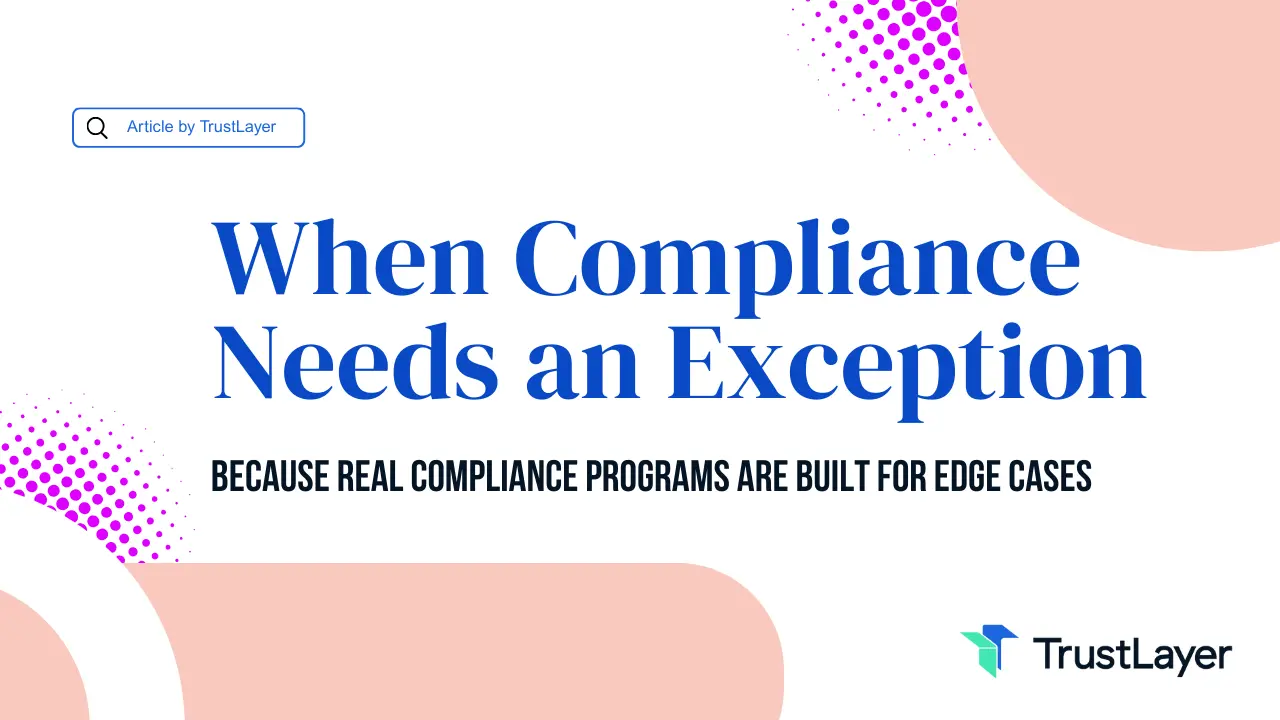What Is Cyber Insurance and Why Do You Need It??

In an increasingly digital world, businesses of all sizes are becoming more reliant on technology. While this reliance brings many benefits, it also exposes organizations to a range of cyber risks. Cyber insurance has emerged as a vital tool for mitigating these risks. But what exactly is cyber insurance, and why is it essential for businesses today? This article examines the complexities of cyber insurance, its advantages, and the reasons why every organization should consider investing in it.
Understanding Cyber Insurance
Cyber insurance is a type of insurance designed to protect businesses from the financial consequences of cyberattacks and data breaches. It covers various costs that can arise from incidents such as hacking, ransomware attacks, and data theft. As cyber threats continue to evolve, so too does the need for robust insurance solutions that can help organizations manage these risks. With the increasing digitization of business operations, the importance of cyber insurance has never been more pronounced, as companies face not only financial losses but also reputational damage that can linger long after an incident.
The Components of Cyber Insurance
Cyber insurance policies can vary widely in terms of coverage and exclusions. However, most policies typically include several key components:
- Data Breach Coverage: This coverage provides protection against the costs associated with a data breach, including notification expenses, credit monitoring for affected individuals, and legal fees.
- Business Interruption: If a cyber incident disrupts business operations, this coverage helps compensate for lost income during the downtime.
- Cyber Extortion: In the event of a ransomware attack, this component can cover the costs of negotiating with cybercriminals and paying ransoms.
Additional components may include coverage for digital asset restoration, liability for third-party claims, and even reputational damage. Understanding these components is crucial for businesses looking to tailor their policies to their specific needs. Moreover, as the landscape of cyber threats becomes increasingly complex, many insurers are also beginning to offer proactive services, such as risk assessments and employee training programs, to help businesses strengthen their defenses before a breach occurs.
How Cyber Insurance Works
When a cyber incident occurs, the affected business typically files a claim with its insurance provider. The insurer then assesses the situation, determining the validity of the claim and the extent of coverage that is applicable. Depending on the policy, the insurer may provide immediate assistance, such as access to cybersecurity experts or legal counsel. This swift response can be critical in minimizing damage and ensuring that the organization can resume normal operations as soon as possible.
After the incident has been managed, the insurer will reimburse the business for eligible expenses incurred as a result of the cyber event. This process can help organizations recover more quickly and minimize the financial impact of cyber threats. Additionally, many insurance providers are now offering services that extend beyond mere reimbursement, including post-incident analysis and support to help businesses identify vulnerabilities and enhance their cybersecurity posture moving forward. This holistic approach not only aids in recovery but also fosters a culture of cybersecurity awareness within the organization, ultimately leading to a more resilient business environment.
Why Cyber Insurance is Essential
As cyber threats continue to rise, the importance of cyber insurance cannot be overstated. Below are several compelling reasons why businesses should consider investing in this type of insurance.
Growing Cyber Threat Landscape
The digital landscape is constantly evolving, and with it, the tactics used by cybercriminals. From sophisticated phishing schemes to advanced ransomware attacks, organizations face a myriad of threats that can compromise sensitive data and disrupt operations. Cyber insurance provides a safety net against these growing risks, allowing businesses to operate with greater peace of mind.
In addition to traditional threats, emerging technologies such as the Internet of Things (IoT) and artificial intelligence (AI) are creating new vulnerabilities. As more devices become interconnected, the potential entry points for cyberattacks increase exponentially. Companies that fail to adapt their security measures to address these new challenges may find themselves at an even greater risk. Cyber insurance not only helps mitigate the financial impact of these incidents but also encourages organizations to invest in robust cybersecurity practices, fostering a culture of proactive risk management.
Financial Protection Against Losses
Cyber incidents can result in significant financial losses. The costs associated with a data breach can quickly add up, encompassing legal fees, regulatory fines, and expenses related to customer notification. Cyber insurance can help mitigate these costs, ensuring that businesses are not left to bear the financial burden on their own.
Moreover, many organizations may not have the necessary resources to handle a cyber crisis effectively. Cyber insurance can provide access to expert resources, including legal advice and cybersecurity professionals, which can be invaluable during a stressful situation. This support can extend beyond immediate crisis management; it can also include post-incident recovery services, helping businesses to rebuild their reputation and regain customer trust. In a world where consumer confidence is paramount, having the right insurance can be a decisive factor in an organization's ability to bounce back from a cyber incident.
Furthermore, the value of cyber insurance extends to its role in compliance with regulatory requirements. Many industries are subject to stringent data protection laws, and failure to comply can result in substantial fines and legal repercussions. Cyber insurance can help businesses navigate these complex regulations, ensuring they meet necessary standards while also providing financial protection in the event of a breach. This dual benefit not only safeguards the organization but also enhances its credibility in the eyes of both customers and partners.
Key Benefits of Cyber Insurance
Investing in cyber insurance offers numerous advantages that extend beyond mere financial protection. Here are some of the key benefits:
Enhanced Risk Management
Having a cyber insurance policy in place encourages businesses to adopt better cybersecurity practices. Insurers often require organizations to implement specific security measures before providing coverage. This can lead to improved overall cybersecurity posture, reducing the likelihood of an incident occurring in the first place. Moreover, the process of obtaining insurance often involves a thorough risk assessment, which can help organizations identify vulnerabilities they may not have previously recognized. This proactive approach not only fortifies defenses but also fosters a culture of security awareness among employees.
Reputation Management
A cyber incident can severely damage a company's reputation. Customers may lose trust in an organization that has experienced a data breach, resulting in lost business and long-term consequences. Cyber insurance can help manage the fallout from such incidents, providing resources for public relations efforts and customer communication strategies. In addition to immediate recovery efforts, insurers can help craft a comprehensive response plan that addresses stakeholder concerns, thereby mitigating damage to the brand's image.
Additionally, having cyber insurance can signal to customers and partners that a business takes cybersecurity seriously, potentially enhancing its reputation in the marketplace. This commitment to safeguarding sensitive information can differentiate a company from its competitors, attracting clients who prioritize security and trust. Furthermore, as regulatory environments become increasingly stringent, demonstrating compliance through cyber insurance can also serve as a competitive advantage, reassuring customers that their data is handled with the utmost care and responsibility.
Choosing the Right Cyber Insurance Policy
Not all cyber insurance policies are created equal. When selecting a policy, businesses should carefully consider their specific needs and risks. Here are some factors to keep in mind:
Assessing Your Risk Profile
Every organization has a unique risk profile based on its industry, size, and the types of data it handles. Conducting a thorough risk assessment can help identify vulnerabilities and inform the selection of appropriate coverage options. This assessment should consider factors such as the likelihood of a cyber incident occurring and the potential impact on the business. For example, a healthcare provider may face different risks compared to a retail company, as they handle sensitive patient information and are subject to strict regulatory requirements. Understanding these nuances can lead to more tailored coverage that effectively mitigates potential losses.
Understanding Policy Terms and Conditions
Before committing to a cyber insurance policy, it is essential to understand the terms and conditions. This includes coverage limits, exclusions, and any requirements for maintaining coverage. Businesses should also inquire about the claims process and the level of support provided by the insurer in the event of a cyber incident. Additionally, it is crucial to look for policies that offer proactive risk management services, such as cybersecurity training for employees and access to expert resources. These services can significantly enhance a business's resilience against cyber threats and may even lead to lower premiums over time.
Evaluating Insurer Reputation and Expertise
Choosing the right insurer is as important as selecting the right policy. Businesses should research potential insurers to evaluate their reputation, financial stability, and expertise in the cyber insurance market. Look for insurers with a proven track record of handling claims efficiently and providing valuable support during incidents. Reading customer reviews and seeking recommendations from industry peers can provide insights into the insurer's reliability and responsiveness. Additionally, consider whether the insurer offers specialized coverage options tailored to your industry, as this can significantly enhance the effectiveness of the policy.
Staying Informed About Evolving Threats
The landscape of cyber threats is constantly changing, and businesses must stay informed about new risks and trends. Regularly reviewing and updating your cyber insurance policy is crucial to ensure it remains aligned with the current threat environment. Engaging with cybersecurity experts and participating in industry forums can provide valuable insights into emerging threats and best practices for risk management. Moreover, many insurers offer resources and updates on the latest cybersecurity developments, which can help businesses adapt their strategies and maintain robust protection against evolving cyber risks.
Common Misconceptions About Cyber Insurance
Despite its growing importance, several misconceptions about cyber insurance persist. Addressing these misconceptions can help businesses make informed decisions about their cybersecurity strategies.
Myth: Cyber Insurance is Only for Large Corporations
Many believe that cyber insurance is only necessary for large organizations with extensive data handling operations. However, cyber threats can affect businesses of all sizes. Small and medium-sized enterprises (SMEs) are often targeted due to their perceived vulnerabilities. Cyber insurance can provide essential protection for businesses of any size. In fact, according to recent studies, nearly 43% of cyber attacks target small businesses, highlighting the urgent need for these organizations to adopt robust cybersecurity measures, including insurance. By investing in cyber insurance, SMEs not only protect their assets but also enhance their credibility with clients and partners, demonstrating a commitment to safeguarding sensitive information.
Myth: Cyber Insurance Covers All Cyber Incidents
Another common misconception is that cyber insurance covers every possible cyber incident. In reality, policies often contain exclusions and limitations. For instance, certain types of attacks or negligence may not be covered by the policy. Understanding the specifics of a policy is crucial to avoid surprises when a claim is filed. Moreover, businesses must recognize that cyber insurance is not a substitute for comprehensive cybersecurity practices. It should be viewed as a complementary measure that works in conjunction with robust security protocols, employee training, and incident response plans. By taking a proactive approach to cybersecurity and understanding the nuances of their insurance policies, organizations can better navigate the complexities of the digital landscape.
The Future of Cyber Insurance
As cyber threats continue to evolve, so too will the landscape of cyber insurance. Insurers continually adapt their policies to address emerging risks and challenges. Here are some trends shaping the future of cyber insurance:
Increased Focus on Cybersecurity Standards
Insurers are likely to place greater emphasis on cybersecurity standards and practices when underwriting policies. Organizations that demonstrate robust cybersecurity measures may be eligible for lower premiums and enhanced coverage options. This trend encourages businesses to invest in their cybersecurity infrastructure.
Integration with Broader Risk Management Strategies
Cyber insurance is increasingly being integrated into broader risk management frameworks. Organizations are recognizing that cyber risks are interconnected with other business risks, and a holistic approach is necessary for effective management. This integration can lead to more comprehensive risk assessments and better-informed decision-making.
Conclusion
In a world where cyber threats are becoming more sophisticated and prevalent, cyber insurance is no longer a luxury but a necessity for businesses of all sizes. By understanding what cyber insurance is, its benefits, and how to choose the right policy, organizations can better protect themselves against the financial and operational impacts of cyber incidents.
Investing in cyber insurance not only provides financial protection but also encourages businesses to adopt proactive cybersecurity measures. As the digital landscape continues to evolve, staying informed about cyber risks and insurance options will be crucial for ensuring long-term success and resilience in the face of cyber threats.
As you consider the necessity of cyber insurance in protecting your business from the ever-evolving digital threats, remember that managing your risk effectively also means ensuring compliance and streamlining administrative processes to minimize disruptions. TrustLayer revolutionizes the way modern risk managers handle certificates of insurance (COIs), automating the tedious tasks of document collection, storage, and verification. Embrace the future of risk management with TrustLayer's innovative solution, designed to save you time and money while enhancing your compliance efforts. Don't let legacy processes hold you back. Schedule a meeting with our team to take the first step towards transforming your risk management strategy with TrustLayer.
















